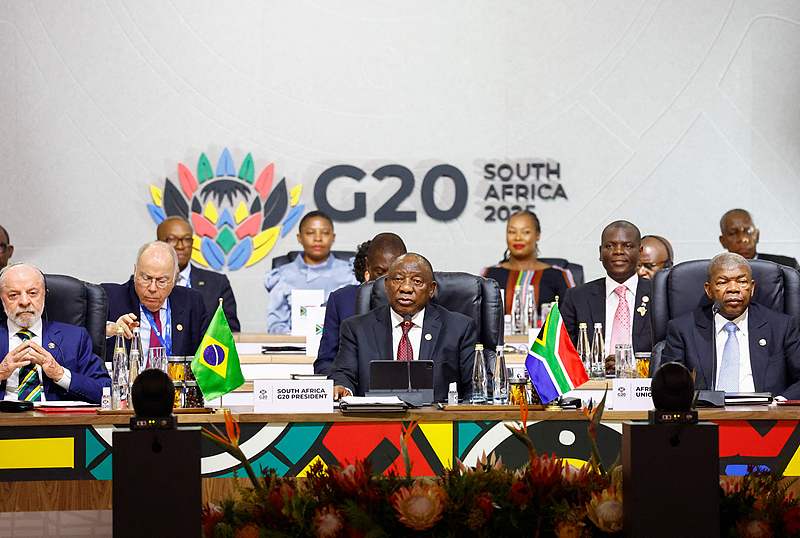
Libya unveils National Free Zone and Transit Trade Strategy to spur economic growth
Libya, in collaboration with experts from France and the European Union, has finalized a National Free Zone and Transit Trade Strategy to revitalize the country’s economy. This strategy focuses on attracting both foreign and local investment, boosting exports and trade, diversifying the economy, and generating new job opportunities.
Nouri Al-Qatati, the Undersecretary for Free Zones at Libya’s Ministry of Economy and Trade said the action represents a roadmap towards strengthening and diversifying the Libyan economy. He further emphasized that the strategy positions Libya to attract investment, create jobs, and enhance its potential as a regional trade hub.
The European Union and French experts actively support Libyan institutions in creating favorable conditions for the private sector to thrive. The strategy takes a comprehensive approach, addressing Libya’s economic strengths and weaknesses while identifying promising opportunities and potential challenges. It proposes solutions to existing issues, including a review of current free zone regulations, trade legislation, and investment laws.
The strategy also underscores the importance of public-private collaboration, infrastructure development, legislative reform, and attracting investments through more efficient mechanisms.
Libyan authorities see the National Free Zone and Transit Trade Strategy as key to improving the understanding of the country’s economic structure, strengthening existing sectors, and unlocking the development of new ones.
Maxime Bost, Director of Programs at Expertise France Libya, remarked, “Our partnership with the Ministry of Economy and Trade on this Free Zones and Transit Trade strategy is a testament to Expertise France’s commitment to supporting sustainable and diversified economic development in Libya.”
With the strategy now finalized, the Ministry of Economy and Trade is set to begin a comprehensive 15-year phased implementation plan.
It is hoped that the strategy will accelerate development in the North African nation, which is still recovering from the aftermath of the conflict and chaos that began in 2011 when longtime ruler Muammar Gaddafi was overthrown.






